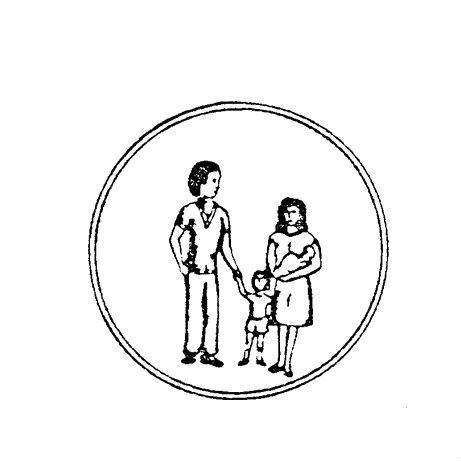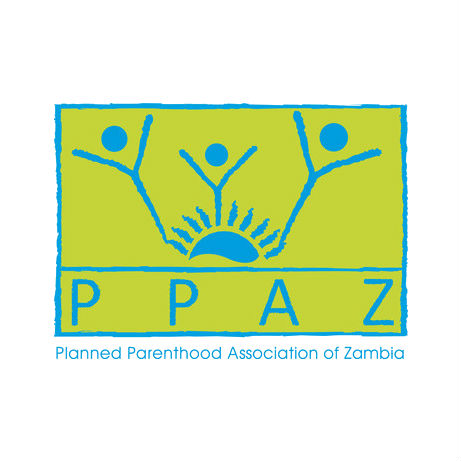

| 31 March 2016
Dominica Planned Parenthood Association
Founded in 1976, the Dominica Planned Parenthood Association (DPPA) focused on providing information and education to support the government’s clinical service delivery programme in its early years. It began delivering contraceptive services in response to the significant contraceptive needs of Dominicans (particularly among teenagers), and the staffing constraints of the government programme. As a result, people could be sure of at least one inexpensive, private outlet where their family planning needs could be fully met. DPPA’s clinic is located the centre of the capital city and provides a range of services including family planning, pregnancy tests, family counselling and PAP smear screening. There’s an established community outreach programme which provides family planning through volunteers and shop owners, and an extensive programme of information and education activities. These include distributing pamphlets and posters, broadcasting short talks about family planning on radio and television and conducting community discussions. The negative effects of Dominca’s high adolescent pregnancy rate are aggravated by local practices that force pregnant girls to drop out of school permanently. To reach young people, DPPA provides sexuality and life skills education in secondary schools and to adolescents outside the school system through rap sessions, lectures, discussions and films. DPPA has also established an Under 20 Club, a teen group that trains its members as peer educators. BFLA is an associate of an umbrella organization known as the Caribbean Family Planning Affiliation Ltd (CFPA). The Caribbean Family Planning Affiliation (CFPA) is the only regional non-governmental organization (NGO) devoted to family planning and sexual and reproductive health in the Caribbean. CFPA serves 13 island Member Associations and 5 Associate Member Associations in the Caribbean, Central and South America. It supports these Associations with technical assistance and materials, and represents their collective interests at IPPF meetings and in the Caribbean region among governments and NGOs. CFPA Member Associations are located in Anguilla, Antigua, Aruba, Bahamas, Bermuda, Curacao, Dominica, Grenada, Guadeloupe, Martinique, Nevis and St. Kitts, St. Lucia and St. Vincent. CFPA Associate Member Associations are located in Belize, Barbados, Guyana, Jamaica, Suriname, and Trinidad and Tobago. The CFPA does not offer any clinical services or distribute family planning methods to clients, but rather focuses its work on governance and institution-building among its Member Associations. The CFPA oversees, manages and analyses core grants to 7 Caribbean Member Associations. The CFPA also submits project proposals for donor funding on behalf of the Associations. DPPA's Facebook page: https://www.facebook.com/Dominica-Planned-Parenthood-Association-154855487890859/

| 31 March 2016
Planned Parenthood Association of Zambia
The Planned Parenthood Association of Zambia (PPAZ) was created in 1972. Then, it was dedicated to the promotion of family planning services. Over the years, it has evolved into a major service provider and advocacy body, with significant input into government policy on sexual and reproductive health (SRH) issues. Services offered include family planning, voluntary counselling and testing (VCT) for HIV, the treatment of sexually transmitted infections (STIs), antenatal and post-natal care, emergency contraceptive provision, laboratory tests, and screening. PPAZ refers clients on for additional services including prevention of mother-to-child transmission (PMTCT), antiretroviral treatment and home-based care. The organization operates 3 static clinics, 11 mobile units and 10 community-based services (CBSs). It has a full-time staff of 34, backed by 1,300 volunteers which include over 200 community-based distributors (CBDs) and 398 peer educators. In total, PPAZ runs 229 service points. PPAZ places a strong emphasis on HIV and AIDS prevention and treatment: as the statistics show, HIV prevalence rates are exceptionally high in Zambia. PPAZ has worked intensively on integrating gender and empowerment perspectives into HIV prevention. It has undertaken behaviour change communication projects directed at young people, both in and out of school settings, and it’s taken similar projects out to rural communities. PPAZ partners extensively with non-governmental organizations (NGOs), particularly those involved in youth and HIV and AIDS work. It receives financial support from Care international, UNICEF, the Japanese Organisation for Cooperation in Family Planning (JOICEP), Forum RFSU and IPPF’s Japan Trust Fund. Contacts Website: www.ppaz.org.zm Facebook: https://www.facebook.com/groups/137992098191/







